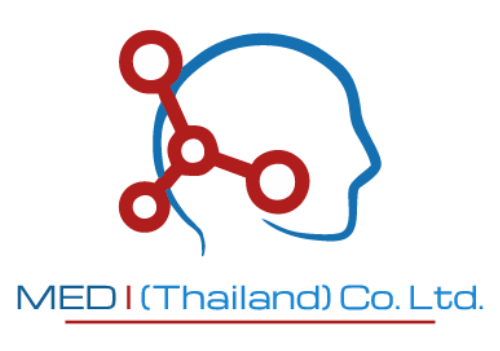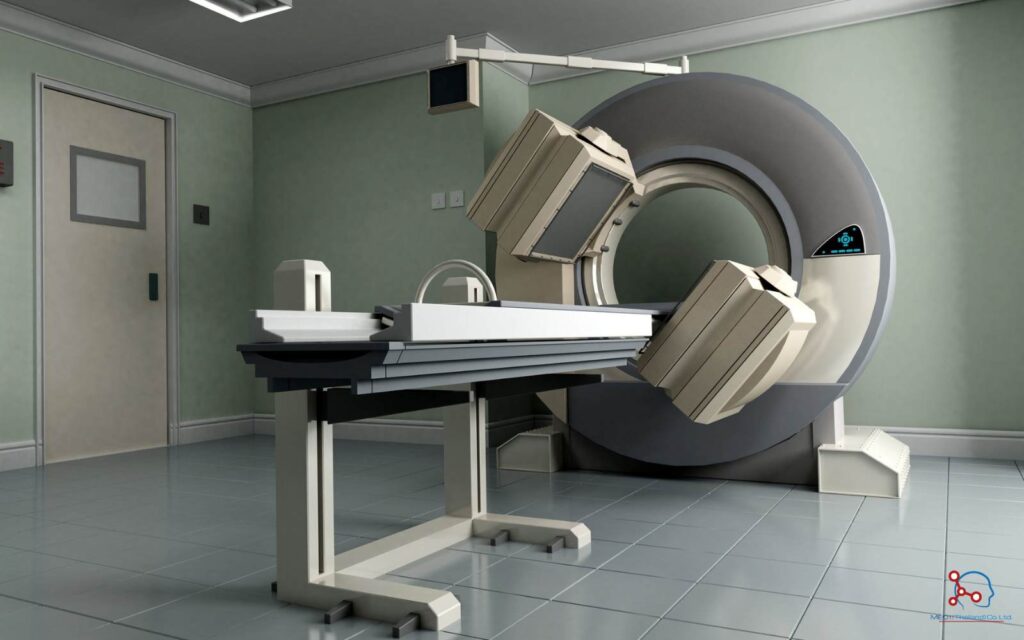Nuclear medicine is transforming healthcare, making it easier to diagnose and treat diseases more accurately. With new advancements happening all the time, the future of nuclear medicine looks brighter than ever. From improved imaging techniques to better treatment options, these innovations are shaping the medical industry in Thailand and around the world.
What is Nuclear Medicine?
Nuclear medicine is a medical specialty that uses small amounts of radioactive materials (radiopharmaceuticals) to diagnose and treat diseases. These materials help doctors see inside the body with high precision, making it possible to detect conditions early. This leads to faster treatments and better patient outcomes.
How is Nuclear Medicine Changing in Thailand?
Thailand has been making great strides in nuclear medicine. More hospitals and clinics are now equipped with advanced imaging tools, and research facilities are focusing on the development of new radiopharmaceuticals. With government support and increased awareness, the future of nuclear medicine in Thailand is looking promising.
Trends Shaping the Future of Nuclear Medicine
1. Better Imaging Technology
Modern imaging machines like PET-CT and SPECT-CT are getting more advanced. These machines provide clearer and faster images, helping doctors make more accurate diagnoses. In Thailand, hospitals are adopting these technologies to improve patient care.
2. Personalized Treatment Plans
One of the biggest advancements in the future of nuclear medicine is personalized treatment. Instead of using the same approach for everyone, doctors can now tailor treatments based on a patient’s specific needs. This means better results and fewer side effects.
3. New Radiopharmaceuticals
Scientists are developing more effective radiopharmaceuticals that target specific diseases. These new drugs can help detect and treat cancer, heart conditions, and even neurological disorders. Thailand is also investing in research to create new and improved radiopharmaceuticals.
4. Artificial Intelligence in Nuclear Medicine
Artificial intelligence (AI) is playing a big role in the future of nuclear medicine. AI helps analyze medical images faster and with greater accuracy. This allows doctors to spot issues earlier and plan treatments more efficiently. Many hospitals in Thailand are now exploring AI-powered diagnostic tools.
5. Expansion of Nuclear Medicine Facilities
As demand for nuclear medicine grows, more specialized facilities are being built in Thailand. This ensures that more patients have access to high-quality diagnosis and treatment without needing to travel abroad.
Benefits of Nuclear Medicine for Patients
- Early Detection: Diseases like cancer can be detected in their early stages, improving the chances of successful treatment.
- Non-Invasive Procedures: Unlike traditional surgeries, nuclear medicine techniques are less invasive and require minimal recovery time.
- Improved Treatment Outcomes: With better imaging and targeted radiopharmaceuticals, treatments are becoming more effective.
Challenges in the Future of Nuclear Medicine
While the future of nuclear medicine is exciting, there are still some challenges to overcome:
- High Costs: Advanced imaging equipment and radiopharmaceuticals can be expensive.
- Limited Availability: Not all hospitals in Thailand have access to nuclear medicine facilities.
- Regulatory Approval: New treatments and drugs must go through strict approval processes before being widely available.
The Future of Nuclear Medicine in Thailand
Thailand is actively working on expanding its nuclear medicine capabilities. More training programs are being introduced for medical professionals, and collaborations with international organizations are helping bring the latest innovations to the country. With continuous research and investment, Thailand is set to become a leader in nuclear medicine in Southeast Asia.
Final Thoughts
The future of nuclear medicine is full of exciting possibilities. From AI-driven diagnostics to personalized treatments, the field is advancing at a rapid pace. In Thailand, these developments are making a real difference in healthcare, helping more patients get the best possible treatment. As technology continues to evolve, nuclear medicine will play an even bigger role in improving lives.
By staying updated with these trends, Thailand is positioning itself at the forefront of medical innovation. Whether it’s better imaging, new drugs, or AI-powered analysis, the future of nuclear medicine is here – and it’s changing healthcare for the better.

